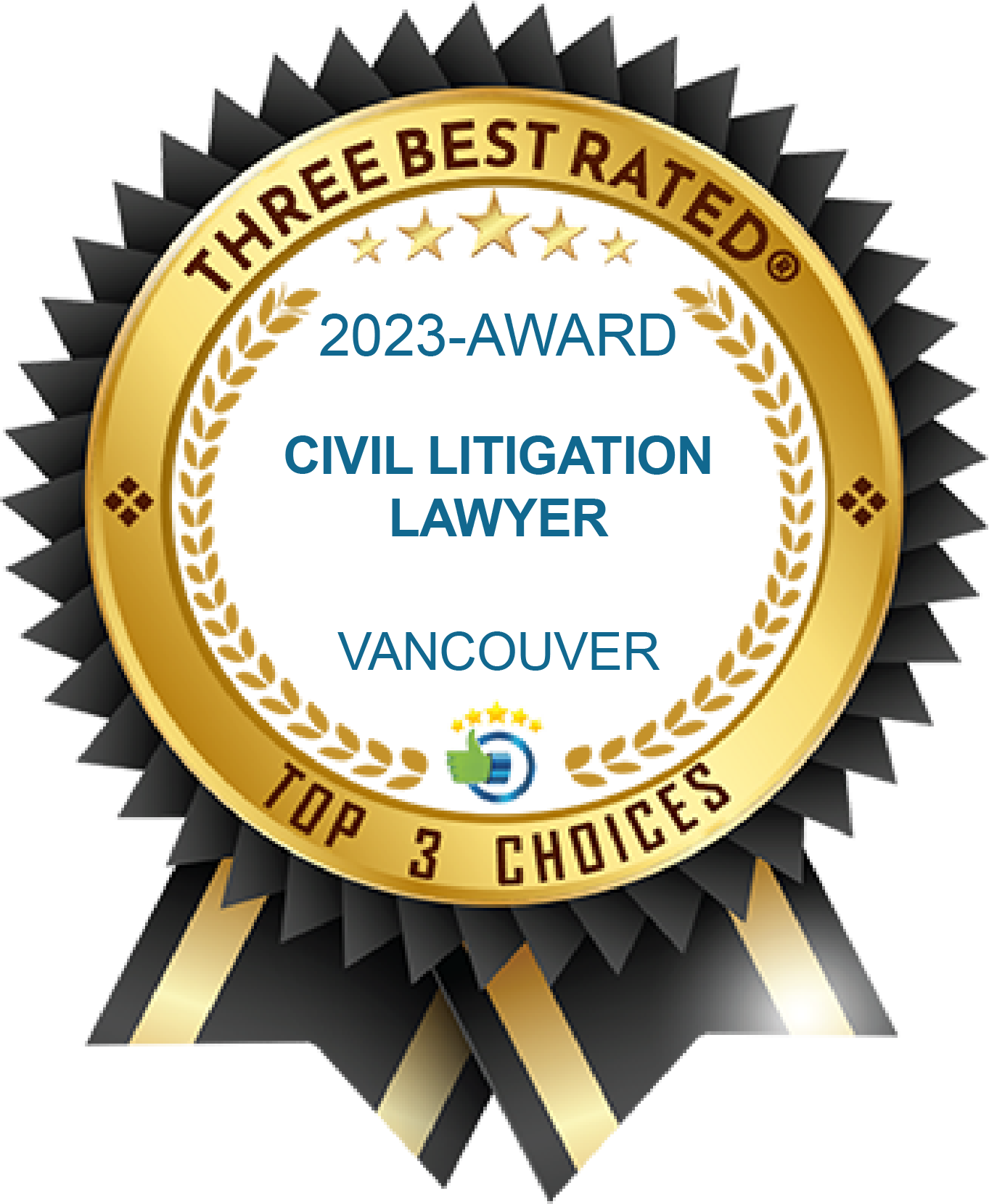Civil Litigation
Contract Disputes, Debt Claims, Commencing or Defending Civil Claims, BC Supreme Court, Small Claims Court.
Construction Law
Builders Liens, CPLs, Contract Disputes, Unpaid Invoices, Delays, Deficiencies, Demand Letters, Court Claims.
Employment Law
Termination from Employment, Wrongful Dismissal, Constructive Dismissal, With Cause, Without Cause, and Human Rights.
Real Estate Litigation
Contract Disputes, Demand Letters, Negotiation, Commencing or Defending Civil Claims involving Real Property.
Real Estate Transactions
Buying and Selling Real Estate, Conveyancing, Re-Financing, Mortgages, Charges, and Discharges.
Family Law
Divorce, Separation, Child Support, Custody, and Access, Spousal Support, Division of Assets, Prenuptial Agreements, Separation Agreements.
Alternative Dispute Resolution
Mediation, arbitration, negotiation, and settlement conferences.






